Reviewed by: Y. Garcia
Disney's latest legal challenge against Sling TV represents a pivotal moment in streaming history, where traditional content licensing meets innovative distribution models. The entertainment giant recently faced a setback when a federal judge denied its request to halt Sling TV's revolutionary day pass feature.
This courtroom drama highlights the tension between established media contracts and evolving consumer preferences for flexible streaming options. The case underscores broader industry shifts as viewers increasingly demand alternatives to monthly subscription commitments, forcing content creators and distributors to navigate uncharted legal and business territory.
What exactly are Sling's controversial streaming passes?
Sling TV's game-changing approach centers on breaking the monthly subscription mold entirely. The service introduced temporary viewing options that allow customers to purchase access for as little as 24 hours, priced from $4.99. These packages include premium channels like ESPN, ESPN2, ESPN3, and Disney Channel, offering viewers flexible alternatives to standard monthly subscriptions.
The passes were strategically launched during peak sports seasons, coinciding with the beginnings of college football and NFL seasons, to capture viewers seeking temporary access to specific games or events. Sling offers three distinct tiers: a 24-hour Day Pass for $4.99, a Weekend Pass for $9.99, and a full week option for $14.99 — a dramatic departure from normal Sling subscriptions that start at around $45.99 per month.
What makes this model particularly compelling is how it targets the exact moment when consumers most crave flexibility. Instead of committing to a full month just to watch one championship game or awards show, viewers can now pay a fraction of the cost for precisely the access they need.
Why Disney fought back so aggressively
Disney's swift legal response reflects deeper concerns about protecting their established revenue streams and contractual frameworks. The company alleged that Sling implemented these offerings without consulting or obtaining approval, claiming the streaming service breached their existing licensing agreement.
Disney's central argument focused on contract interpretation: their agreement with Dish required monthly subscription models, not short-term access arrangements. Beyond contractual concerns, Disney worried about significant revenue cannibalization, particularly regarding their new ESPN Unlimited streaming service priced at $29.99 monthly.
The competitive threat was stark — why would consumers pay $30 for monthly ESPN access when they could get it for $5 on the days they actually need it?
Disney filed the lawsuit in the Southern District of New York, seeking to force Sling to remove Disney content from these passes entirely. The media giant's aggressive stance reflected industry-wide anxiety about innovative distribution models disrupting traditional subscription economics that have sustained content companies for decades.
The judge's decisive ruling and its implications
When U.S. District Judge Arun Subramanian delivered his November 19 ruling, it marked a watershed moment for flexible streaming innovation. The court found that Disney failed to demonstrate irreparable harm from the streaming passes, undermining a crucial requirement for emergency legal relief.
The judge's analysis proved particularly damaging to Disney's contractual arguments. Judge Subramanian noted that the contract between Disney and Dish didn't specify minimum subscription lengths, finding that the agreement's broad definition of a subscriber clearly covered users of the passes, regardless of subscription duration.
Critically, the ruling emphasized that Disney hadn't shown actual customer losses due to the passes. This distinction between hypothetical fears and demonstrable harm became central to the court's reasoning. The judge essentially required Disney to prove their dire predictions about business disruption were actually materializing, rather than simply theoretical concerns about future competition.
The legal precedent here extends beyond this specific dispute, suggesting courts may increasingly scrutinize attempts to block consumer-friendly innovations when contracts lack explicit restrictions on new distribution methods.
What this means for streaming's future
This legal victory signals potential industry transformation toward consumer-centric flexibility models. Following the court ruling, Sling TV celebrated by offering its day pass at a discounted $1 rate, demonstrating both confidence in their legal position and commitment to accessible pricing.
The timing couldn't be more significant for an industry under consumer pressure. With 27.8% of Americans experiencing streaming fatigue and consumers spending 23% less on streaming subscriptions in 2024, demand for alternatives to traditional monthly commitments is accelerating rapidly.
This ruling may embolden other platforms to experiment with similar flexible access models, potentially triggering industry-wide shifts toward à la carte and temporary access pricing. The success could pressure major players like Netflix, which are already experimenting with ad-supported tiers and addressing password sharing, to consider whether flexible timing options complement their revenue diversification strategies.
The implications extend to future content licensing negotiations, where distributors may increasingly demand flexibility clauses that permit innovative access models, while content providers may insist on more specific contractual language governing subscription terms and pricing structures.
Where do we go from here?
The Disney-Sling dispute represents more than contractual disagreement—it's a preview of streaming's evolving landscape where consumer-driven innovation challenges entrenched business models. While Warner Bros. Discovery has also filed similar lawsuits against Sling's pass system, the initial court ruling suggests judicial receptiveness to consumer-friendly innovations when existing contracts don't explicitly prohibit them.
This victory continues Sling TV's disruptive tradition of challenging industry norms through technological innovation. The company previously pioneered live-streaming TV and introduced the Hopper DVR with automatic commercial skipping, which also triggered multiple media company lawsuits that were eventually settled in 2016.
The broader question now centers on industry adaptation versus resistance. Will content providers modify future contracts to either embrace or explicitly restrict flexible access models? Or will we see continued legal battles as established players struggle to balance innovation demands with traditional revenue protection?
As streaming costs continue rising and consumer patience diminishes, Sling's flexible model success could catalyze fundamental changes prioritizing viewer convenience over legacy subscription structures.
The streaming wars are entering a new phase where consumer demand for flexibility may prove more powerful than traditional contractual constraints — at least when those contracts fail to anticipate the pace of industry innovation.





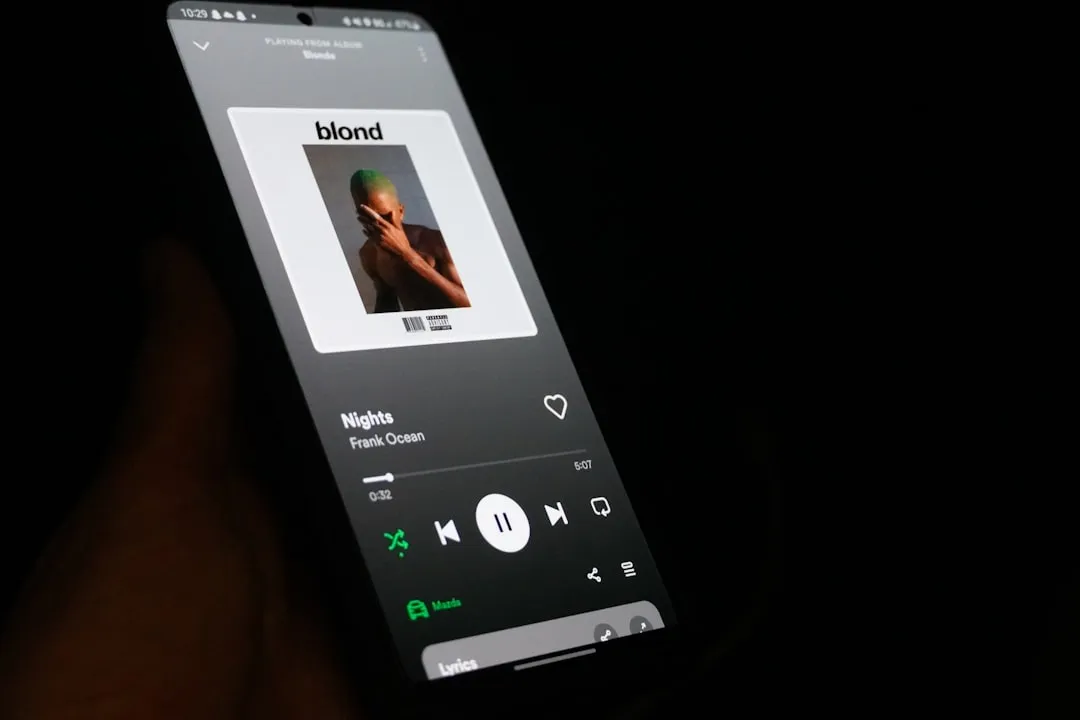
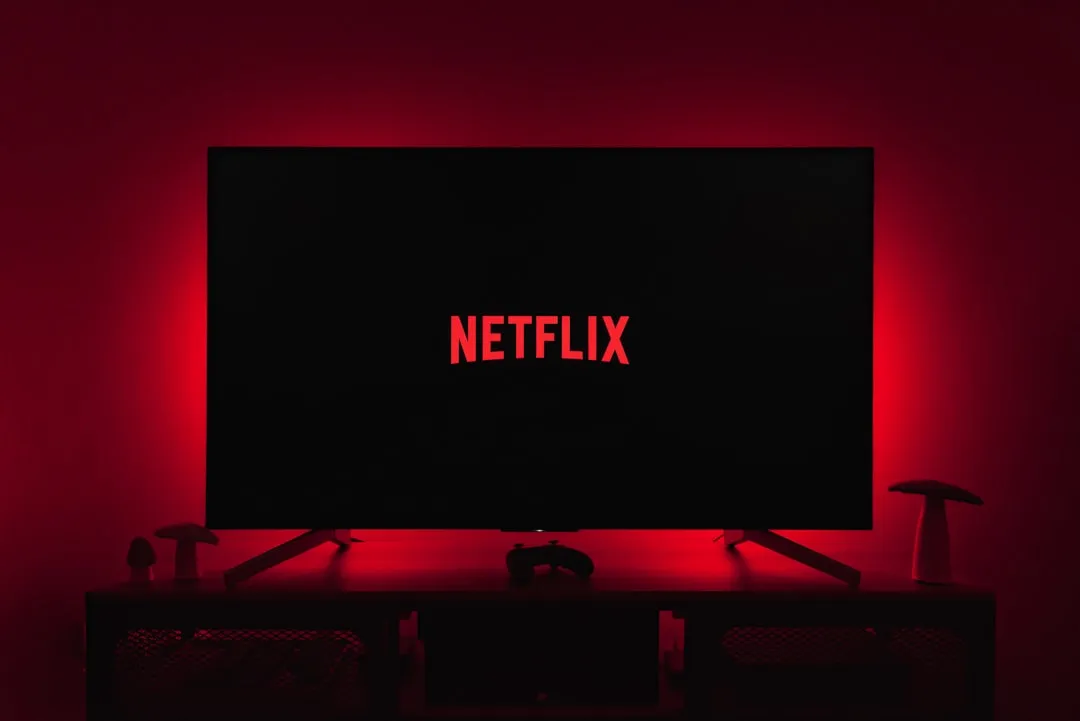
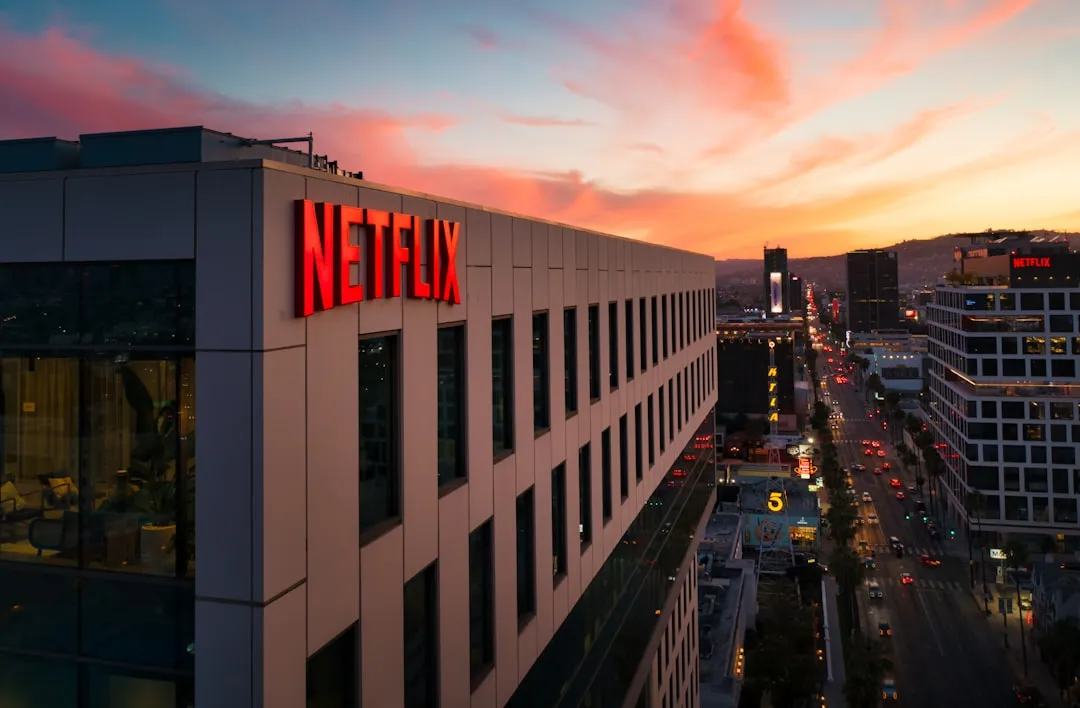
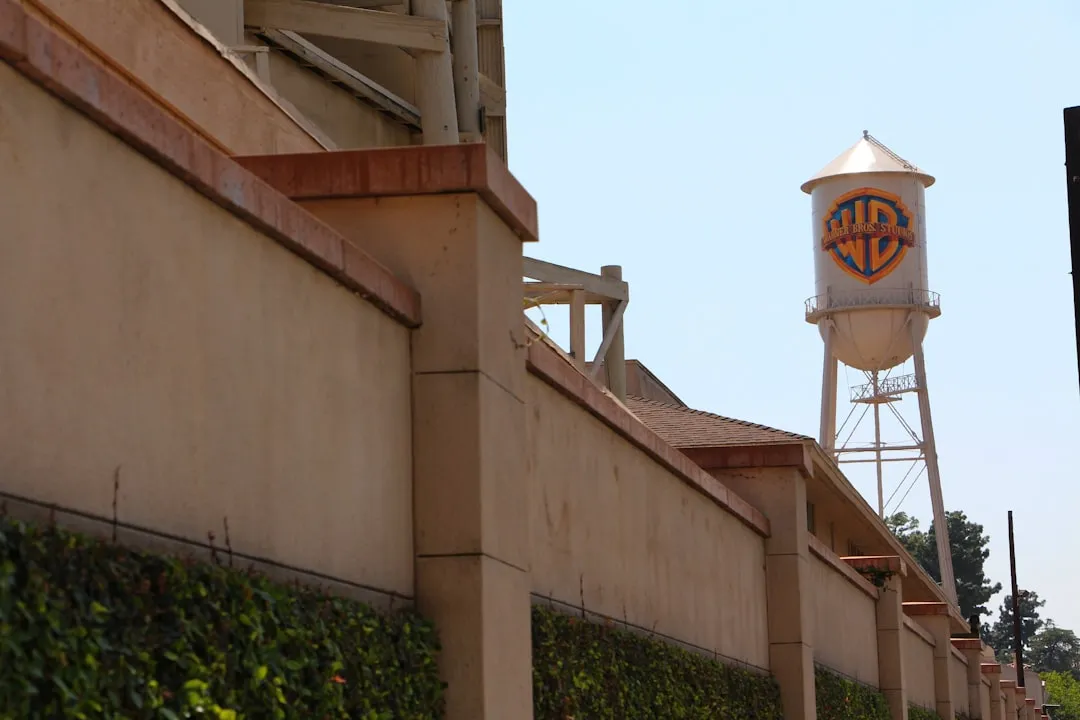
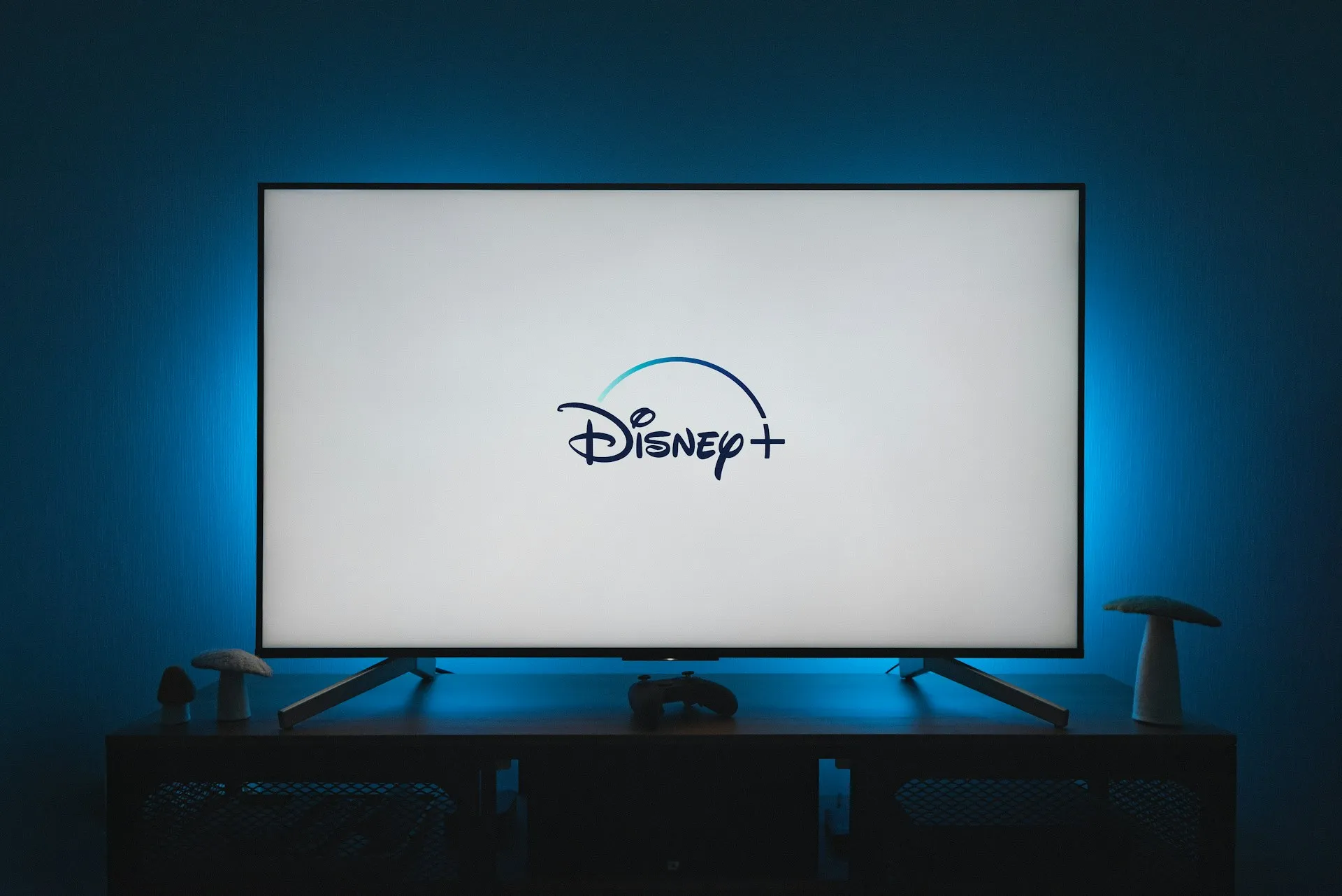
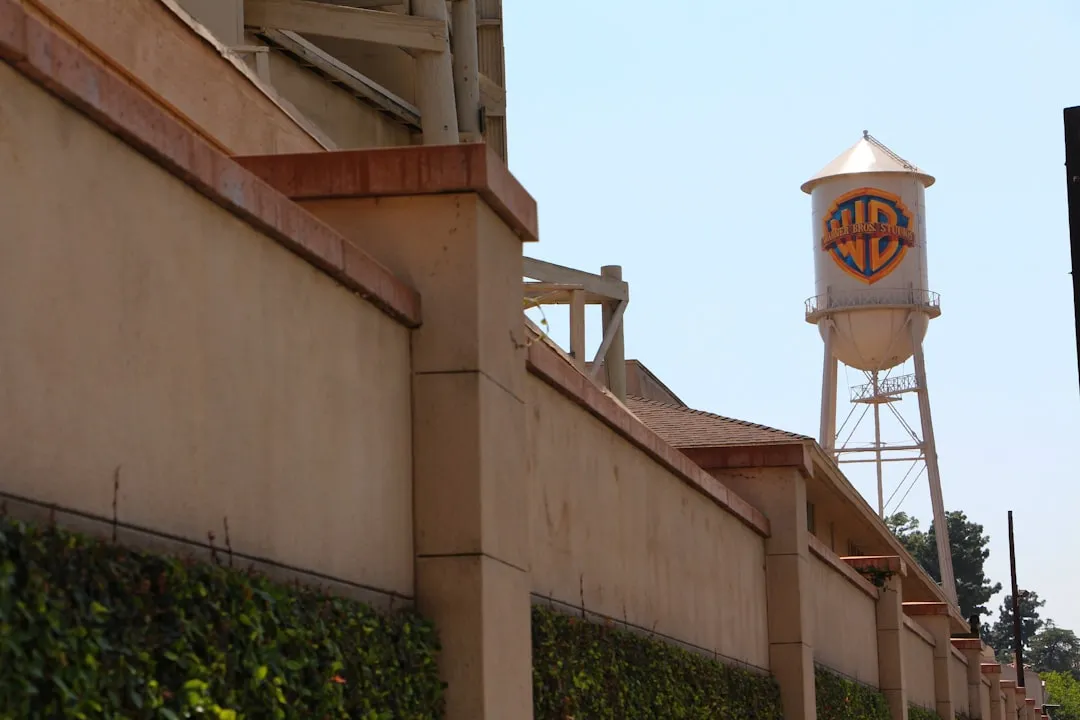
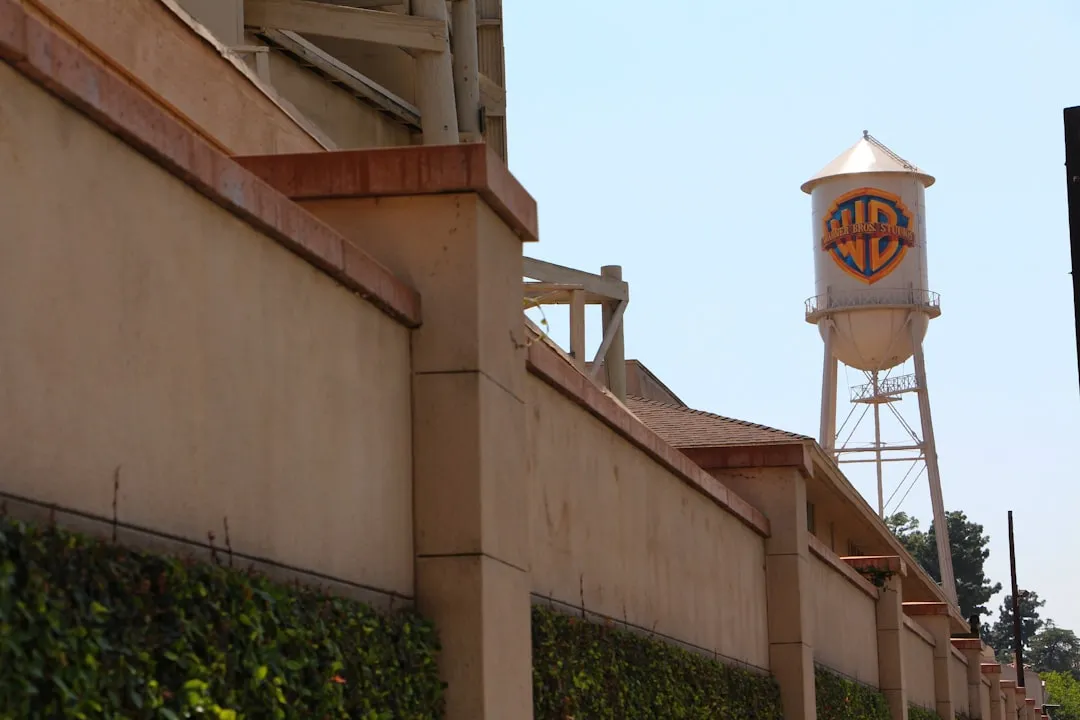
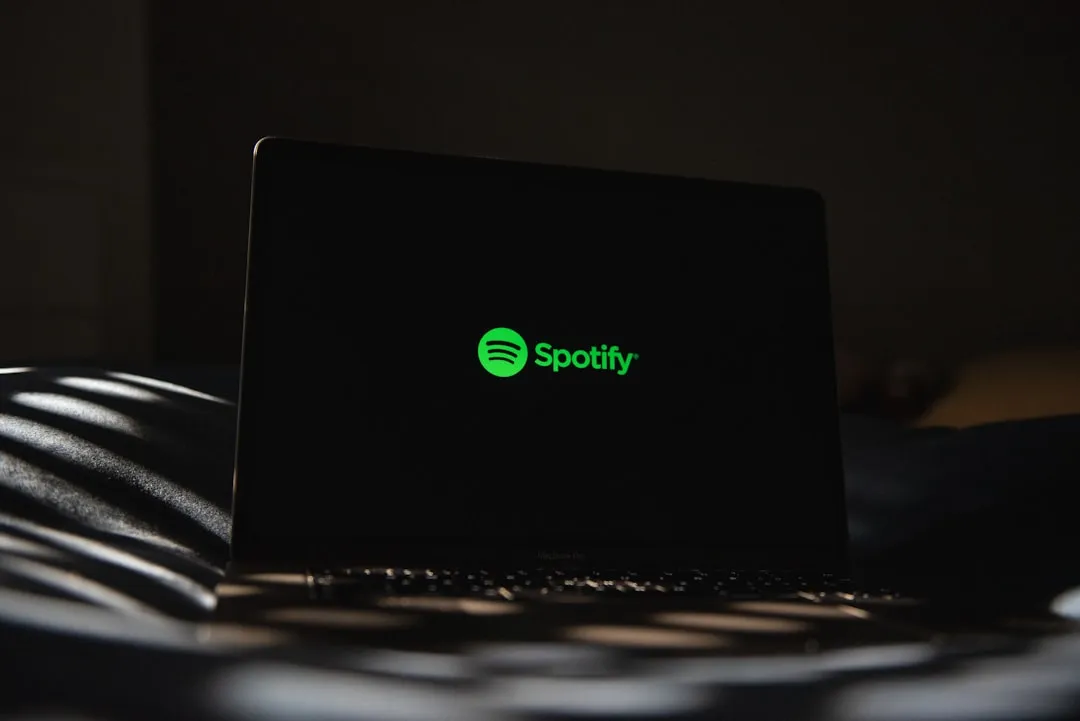



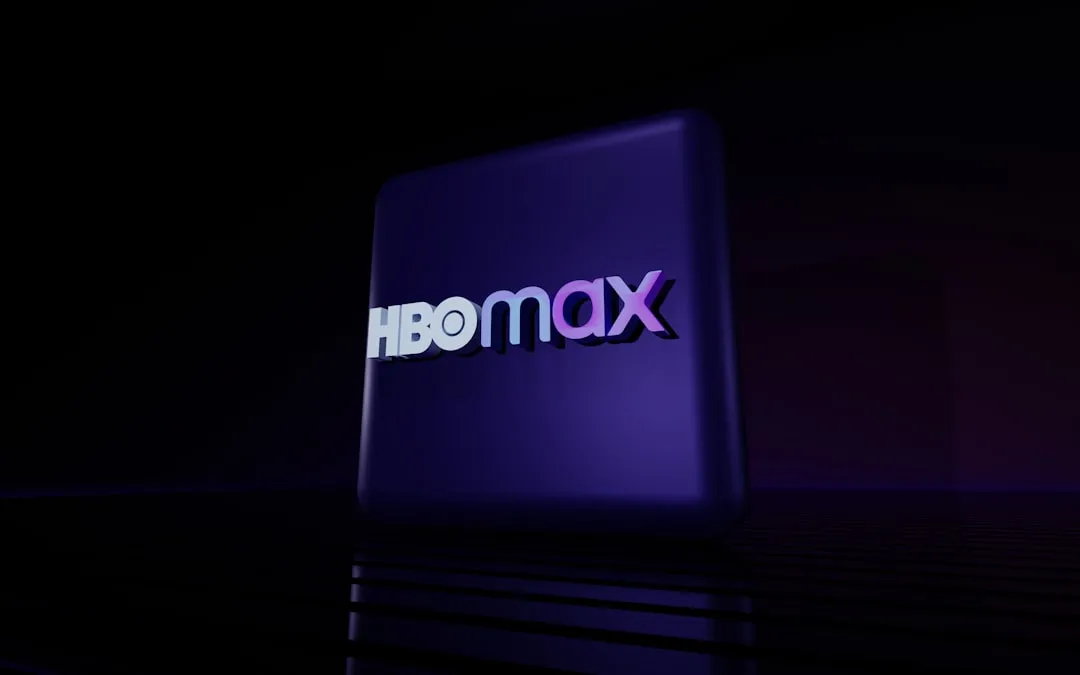

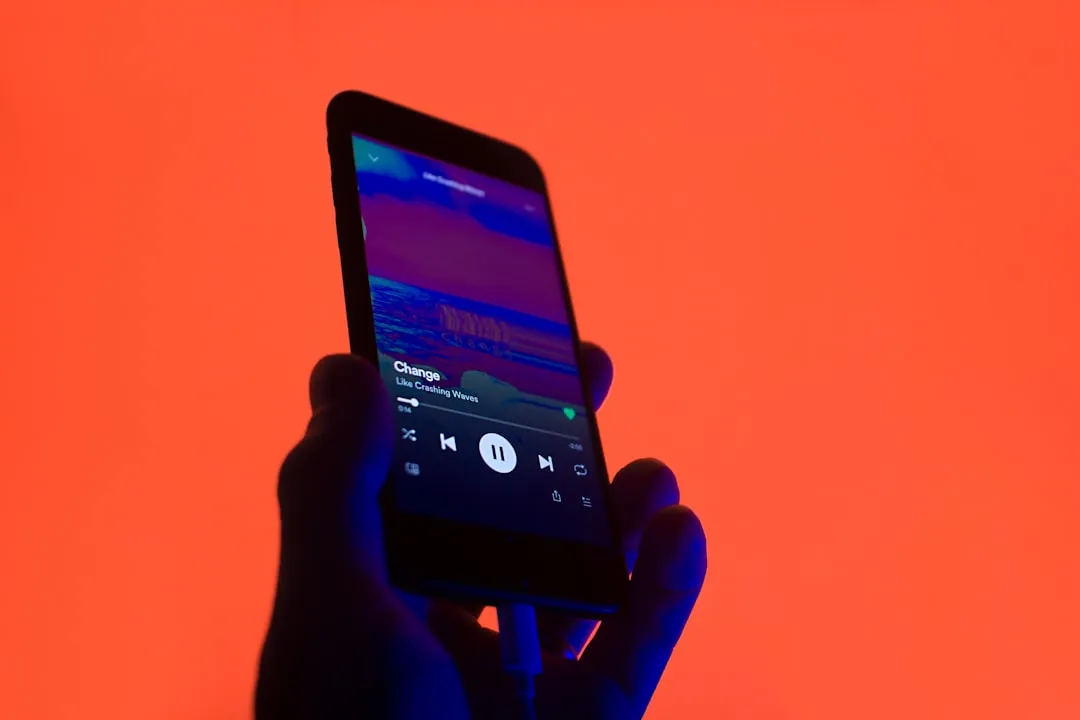

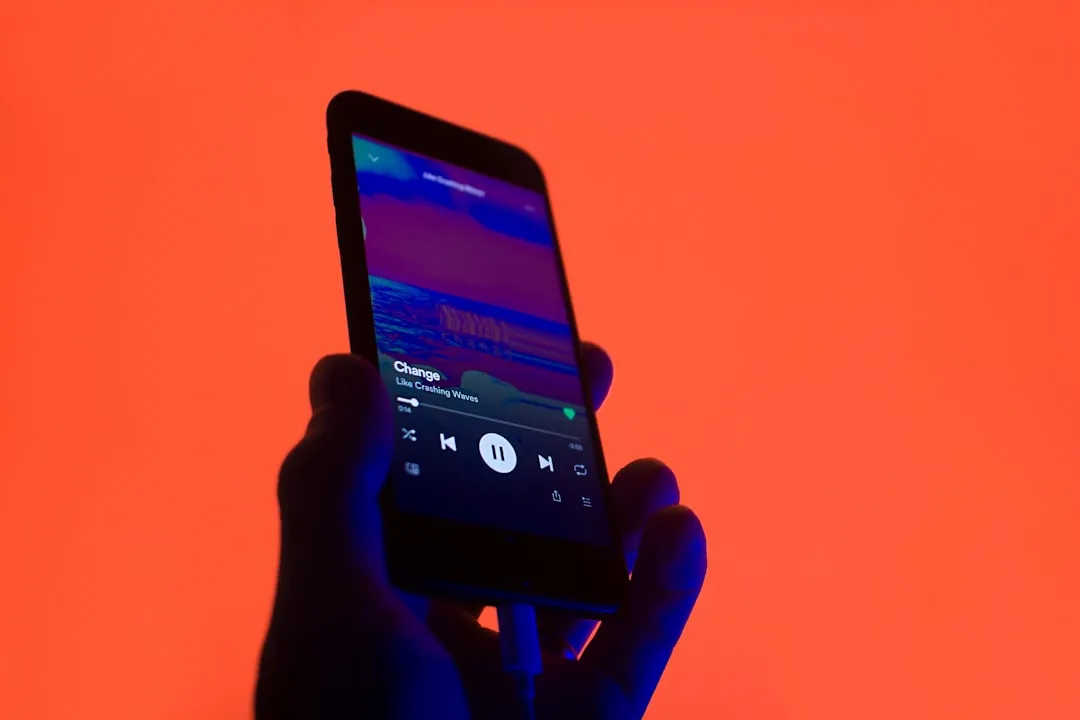
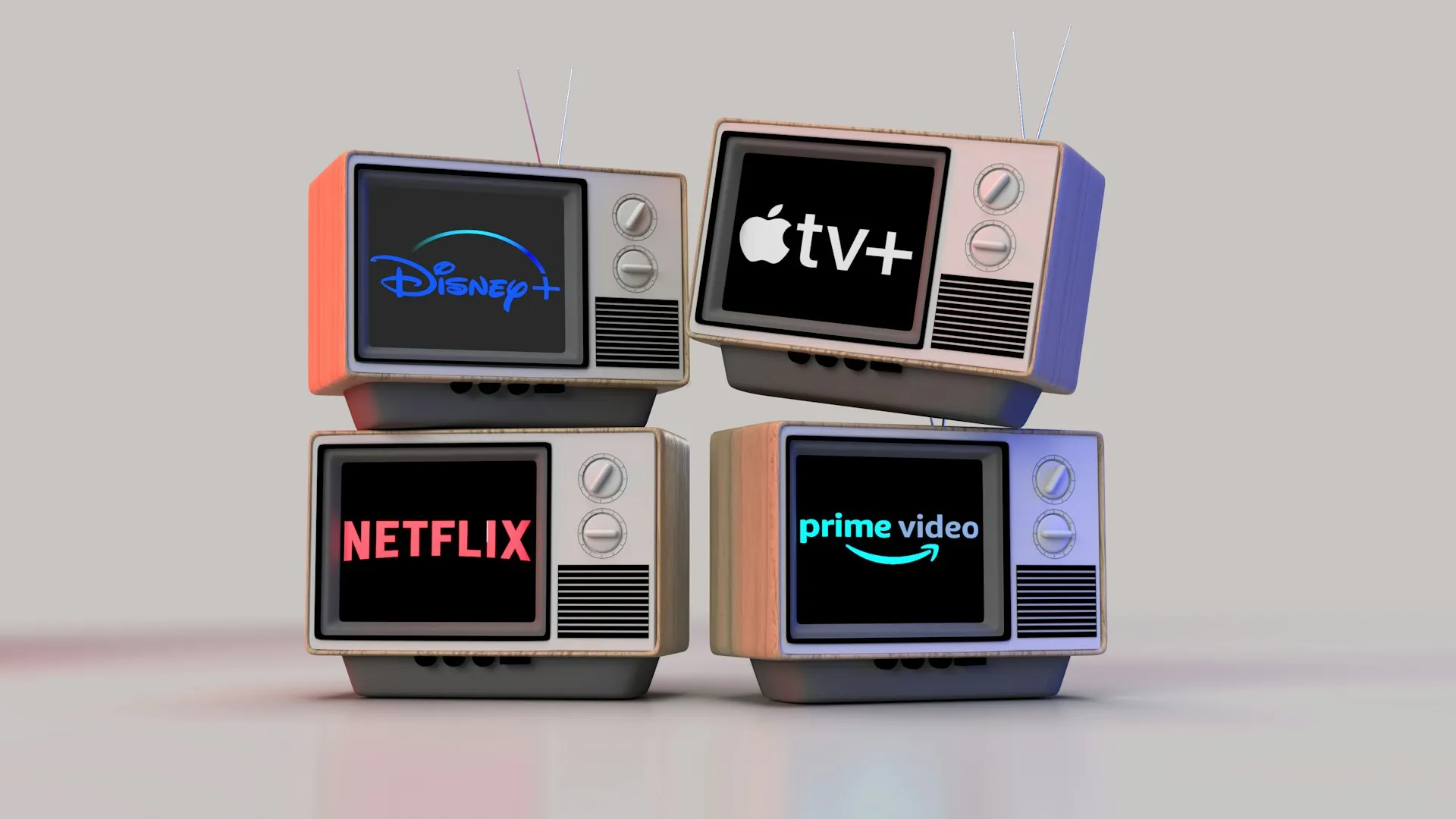
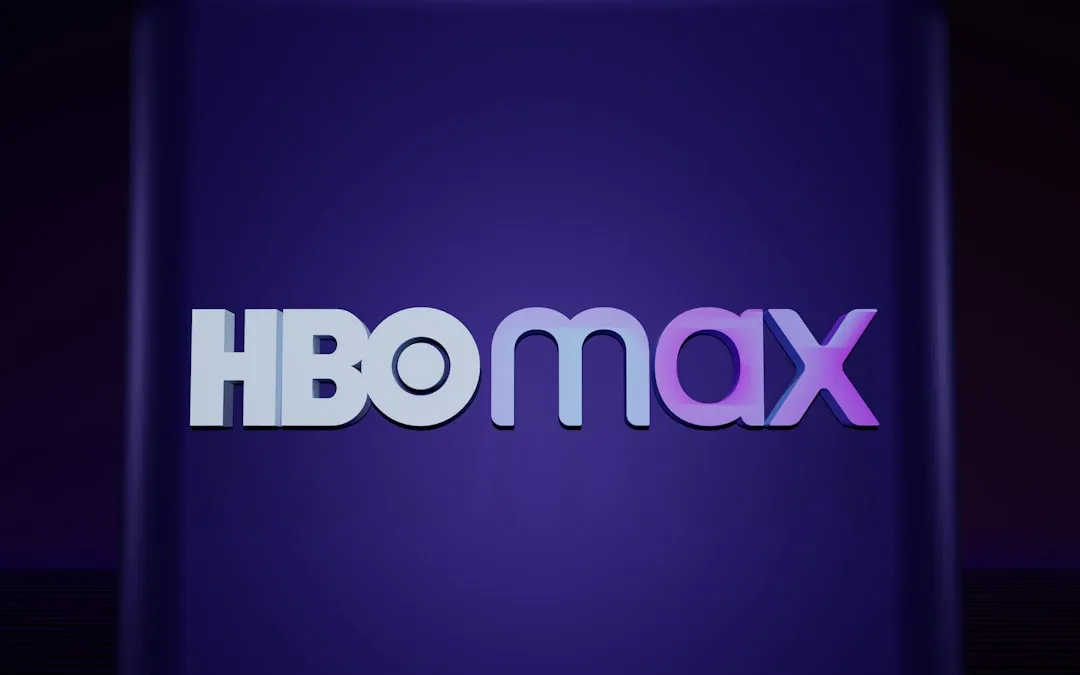
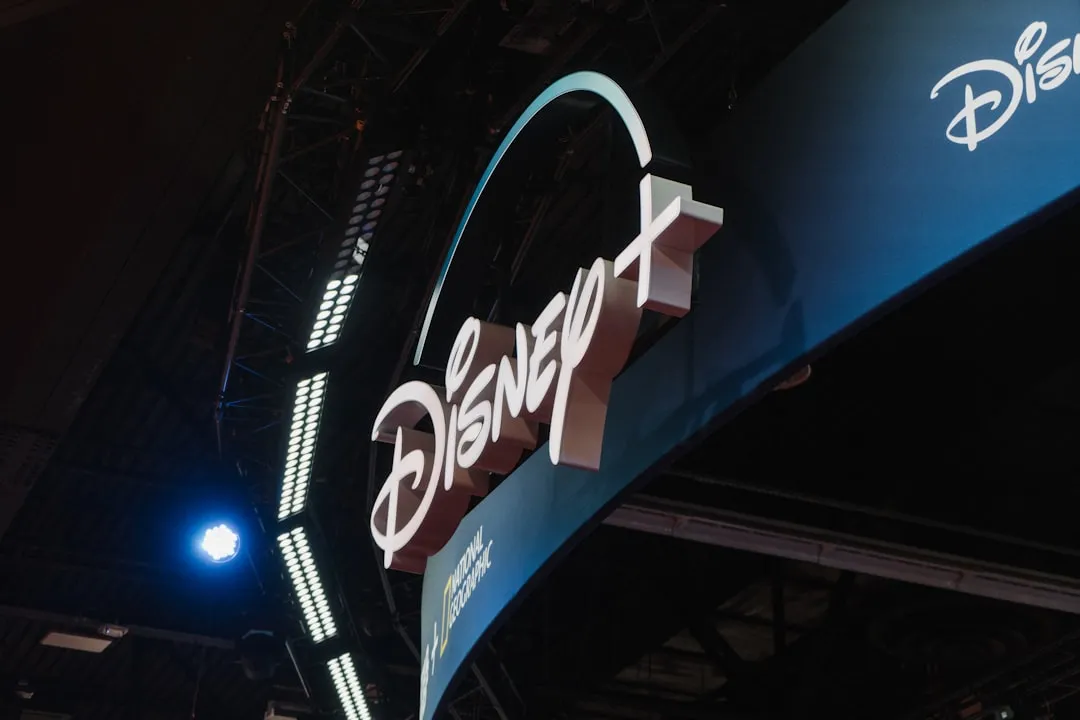

Comments
Be the first, drop a comment!